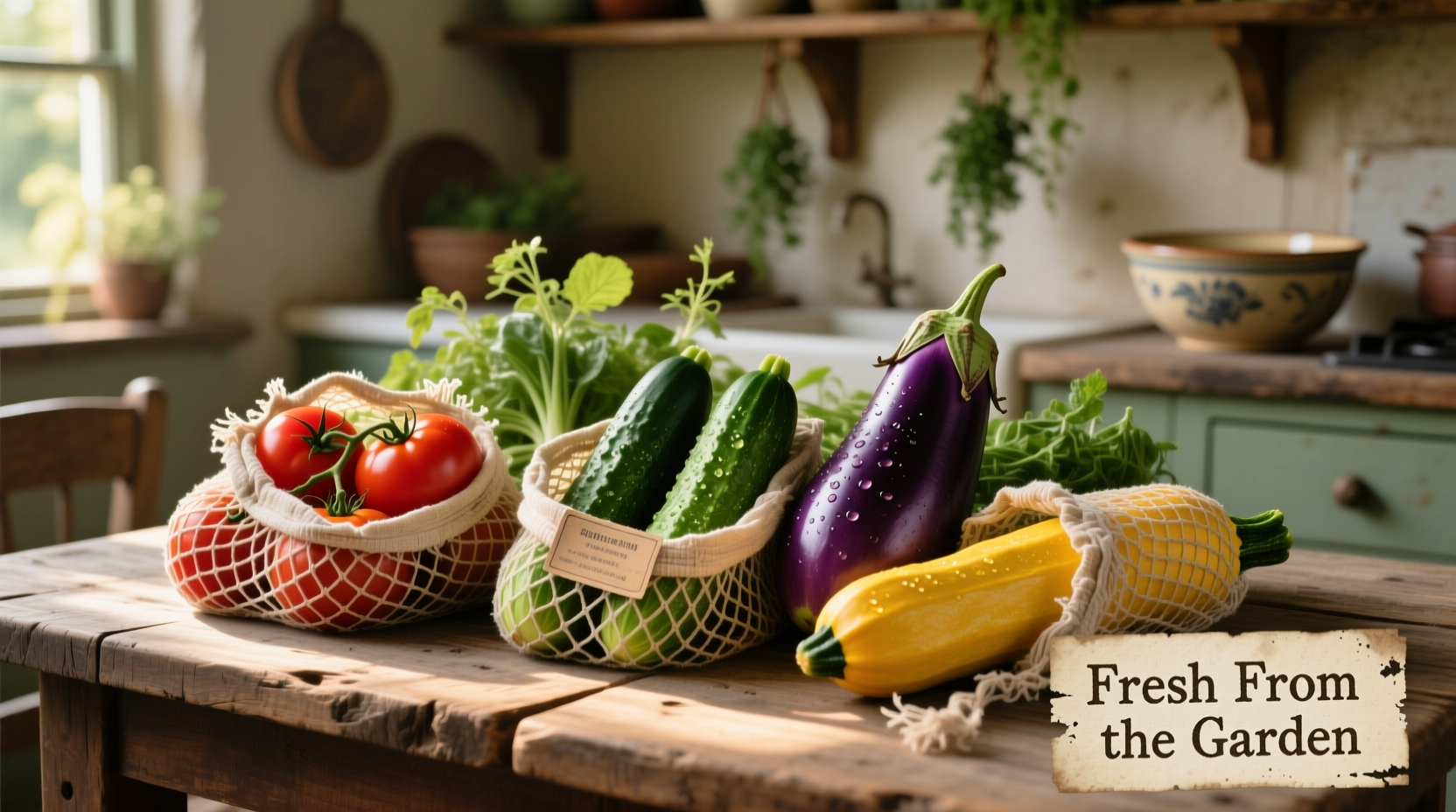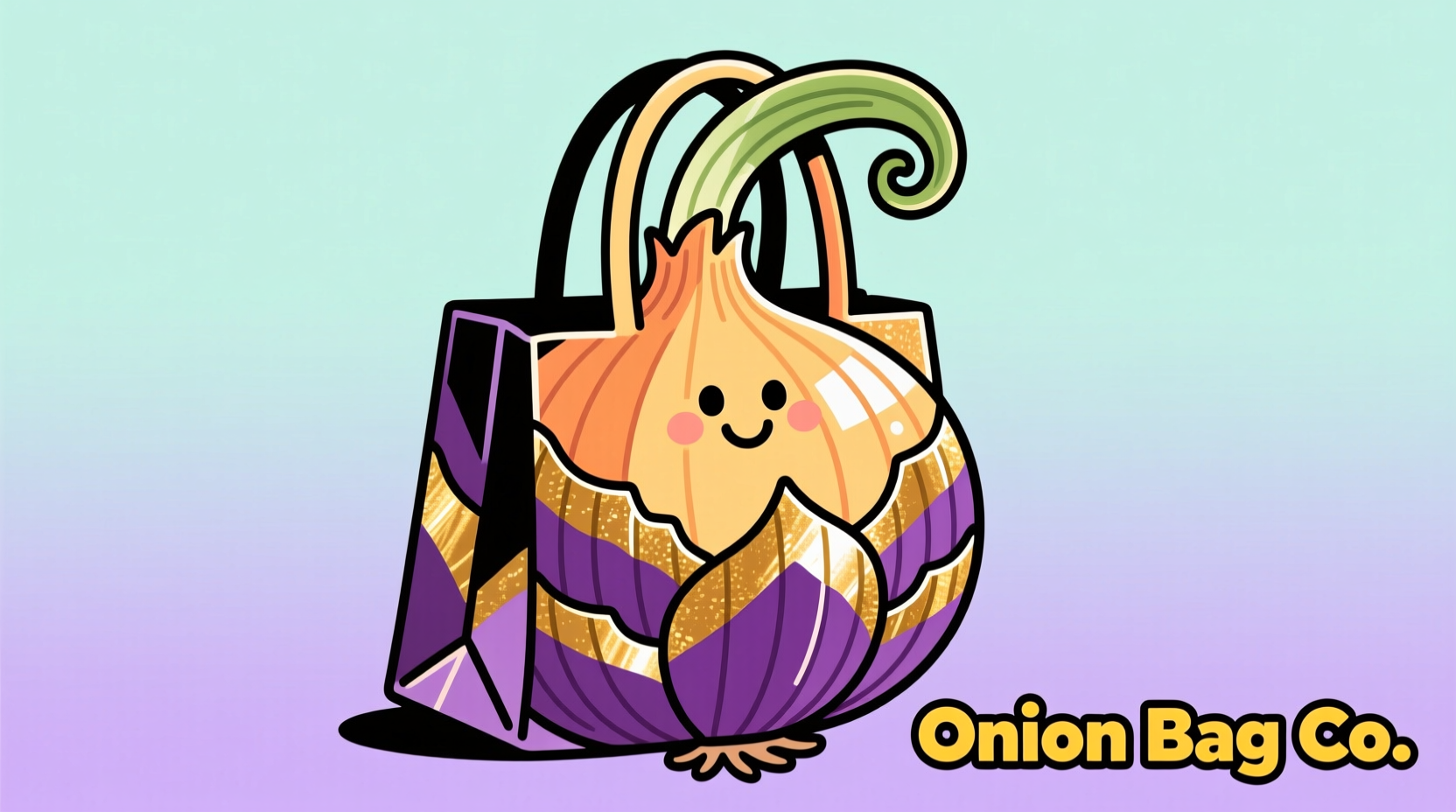Immediate Kitchen Applications You Can Try Today
Don't toss those onion mesh bags after unpacking your groceries. These versatile containers excel at tasks beyond their original purpose. Their breathable design makes them perfect for storing citrus fruits, keeping them fresh up to 30% longer than sealed plastic containers according to USDA storage guidelines. When washing berries or delicate produce, use the bags as gentle strainers that prevent damage while allowing thorough rinsing.
Professional chefs frequently repurpose these bags as makeshift cheesecloth substitutes for straining stocks or bundling herbs. Simply fill the bag with your ingredients, tie securely, and remove when infusion is complete. This technique saves both time and specialty kitchen tools while delivering professional results.
Home Organization Solutions That Actually Work
With their flexible yet structured design, onion bags transform chaotic spaces into orderly systems. Store small hardware items like screws, nails, or craft supplies in labeled mesh bags that allow visibility while containing contents. The University of Illinois Extension program recommends this method for preventing lost components in home workshops.
| Common Storage Challenge | Mesh Bag Solution | Expected Improvement |
|---|---|---|
| Lost hair accessories | Hanging bag on bathroom door | 90% reduction in lost items |
| Mixed craft supplies | Color-coded bag system | 75% faster project setup |
| Disorganized garage tools | Wall-mounted bag organizer | 50% space reduction needed |
Gardening Hacks Backed by Horticulture Experts
Extension services across agricultural universities have documented successful gardening applications for repurposed mesh bags. Fill bags with soil and seeds to create portable seed starters that protect young plants while allowing proper root development. The breathable material prevents damping-off disease that often affects seedlings in non-porous containers.
When harvesting root vegetables, use clean mesh bags instead of plastic containers to maintain proper airflow during storage. Cornell University's gardening program notes this method reduces spoilage by approximately 25% compared to traditional storage methods. For delicate fruits like peaches or plums, hang mesh bags on tree branches to protect developing fruit from pests while allowing sunlight penetration.

Cleaning and Maintenance Applications
Household maintenance professionals utilize onion bags for unexpected cleaning tasks. Fill a bag with ice cubes and secure tightly to create a reusable scrubbing tool for removing stubborn stickers or adhesive residue from glass surfaces. The textured surface provides gentle abrasion without scratching.
Place mesh bags over outdoor faucets during winter months to prevent debris accumulation while allowing water drainage. This simple technique, recommended by the EPA's WaterSense program, helps maintain plumbing functionality while reducing maintenance needs.
Important Limitations and Safety Considerations
While versatile, onion mesh bags have specific limitations you should understand. They're not suitable for containing hot liquids or sharp objects that could compromise the material integrity. The FDA advises against using repurposed produce bags for long-term food storage of cooked or perishable items due to potential cross-contamination risks.
Discard bags showing signs of wear, tears, or significant discoloration. When reusing for food-related purposes, wash thoroughly with mild soap and allow complete drying before repurposing. Never use mesh bags intended for produce storage with non-food items first, as residual chemicals could transfer to food surfaces.
Environmental Impact of Repurposing
According to EPA waste management data, the average American household discards approximately 150 plastic produce bags annually. By repurposing just half of these, you prevent roughly 0.75 pounds of plastic waste from entering landfills each year. While this may seem minimal, community-wide adoption creates significant impact - a neighborhood of 100 homes could collectively prevent 75 pounds of plastic waste annually.
The evolution of produce packaging shows promising trends. From the introduction of plastic mesh in the 1970s to today's focus on reuse, consumer behavior has shifted dramatically. Recent surveys by the Sustainable Packaging Coalition indicate 68% of consumers now actively seek ways to repurpose produce packaging, up from just 22% a decade ago.
Practical Implementation Guide
Start your repurposing journey with these actionable steps:
- Designate a clean container specifically for collecting used mesh bags
- Wash and dry bags immediately after removing produce
- Create a simple labeling system for different applications
- Rotate usage to prevent overuse of single bags
- Track your waste reduction progress monthly
When bags reach the end of their useful life, check with your local recycling program. Many municipalities now accept clean plastic mesh through specialized recycling streams, though curbside programs typically don't accept them due to sorting challenges.











 浙公网安备
33010002000092号
浙公网安备
33010002000092号 浙B2-20120091-4
浙B2-20120091-4